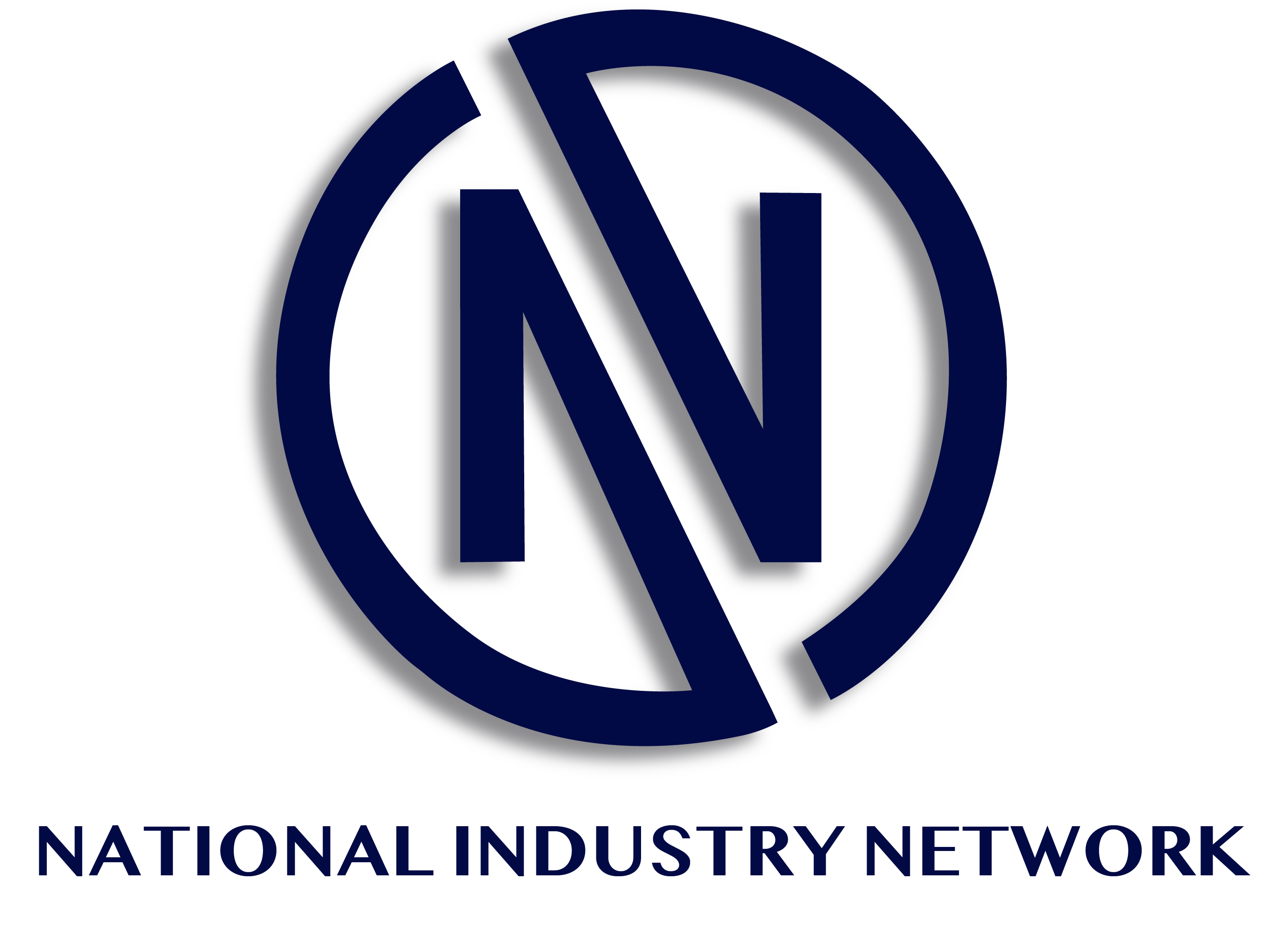NIN Blog
How to Get Your Business Ready for the Market
How to Get Your Business Ready for the Market Getting your business ready for the market is a big undertaking. With all of the documentation, valuation, marketing, buyer matching and negotiation steps, you may not know where to begin. Whether you have a definite or...
What is an Exit Strategy?
Every successful business journey deserves a well-planned finish line, and that’s where an exit strategy comes in. It’s not just about leaving your business behind; it’s about doing so in a way that aligns with your goals and sets you up for your next chapter. Whether...
Is It Time to Sell Your Business? 7 Signs to Consider
Introduction: For many business owners, their venture is not just a source of income; it’s a labor of love and a testament to their hard work and dedication. However, there comes a time when even the most passionate entrepreneurs should consider the possibility of...


